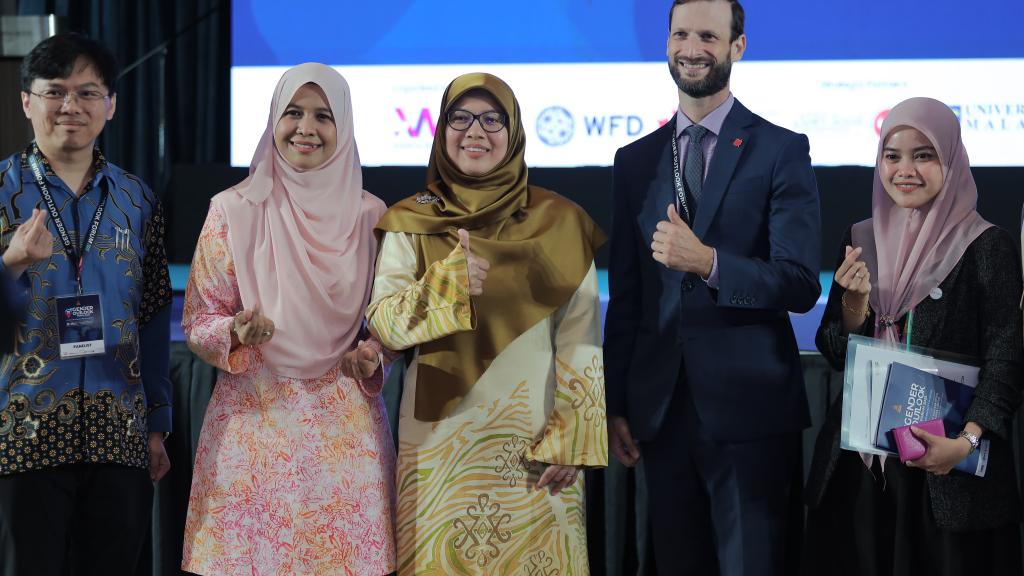Investigating how public funds are spent in North Macedonia

Aleksandar Manasiev, in an article for Deutche Welle, dives into the phenomenon of deceased people receiving pension money years after they died. He looks into the cost of this malpractice, the impact on people’s lives and the challenges that should be resolved to decrease unjustified spending of the pension fund.
Katerina Spasovska Trpkovska, in her video “Take a Peek into the State’s Pocket” that was published on news website Balkon3, provides fresh insight into complex topics, including the state budget, public procurement and free access to information. The video tackles questions such as, if the budget was a pie, how much would the crumbs falling off the table cost? What has the State Audit Office discovered in their reports and how can citizens access public information?
Pollution has been one of the most pressing issues for citizens of the North Macedonian capital, Skopje. Zaklina Hadzi Zafirova and Ivanka Zivosovska’s story reveals that annually 1,205 lives are lost in the Skopje region as a result of environmental pollution. The story, which can be read on online magazines Inbox 7 and SCOOP, investigates how budgets on combating pollution are spent and analyzes the different policy alternatives.
Around 2,000 people in Macedonia are affected by various rare diseases. In an article for digital newsroom Sakam Da Kazam, Elica Bochvarska and Sunchica Stojanovska Zoksimovska analyses the rare diseases budget and how it can be improved. According to the article, which was created in association with the organization Life with Challenges, patients of rare diseases are few in numbers but face tough conditions in struggling to access therapy.
The digital agenda is the next big thing in North Macedonia and Vesna Kolovoska takes a closer look. She and partner organisation Media Plus analyse the feasibility of creating a universal optical network, a type of data communication network, as well as bringing digital audio broadcasting though the North Macedonian public broadcaster, in a story run by national radio station, Kanal 77.
Finally, Igor K. Ilievski provides a fresh look at the implications of the defence budget increase in Macedonia, in light of its recent NATO membership. Pensions for military personnel, equipment modernisation and new procedures for public procurement are some of the points he covers in his story published on CivilMedia.
The articles were produced with the help of the Effective and Efficient Spending of Public Funds project, which is part of WFD’s Western Balkans Democracy Initiative. The project aims to contribute towards more effective and efficient spending of public funds, through a combined approach working with both institutions and civil society.



